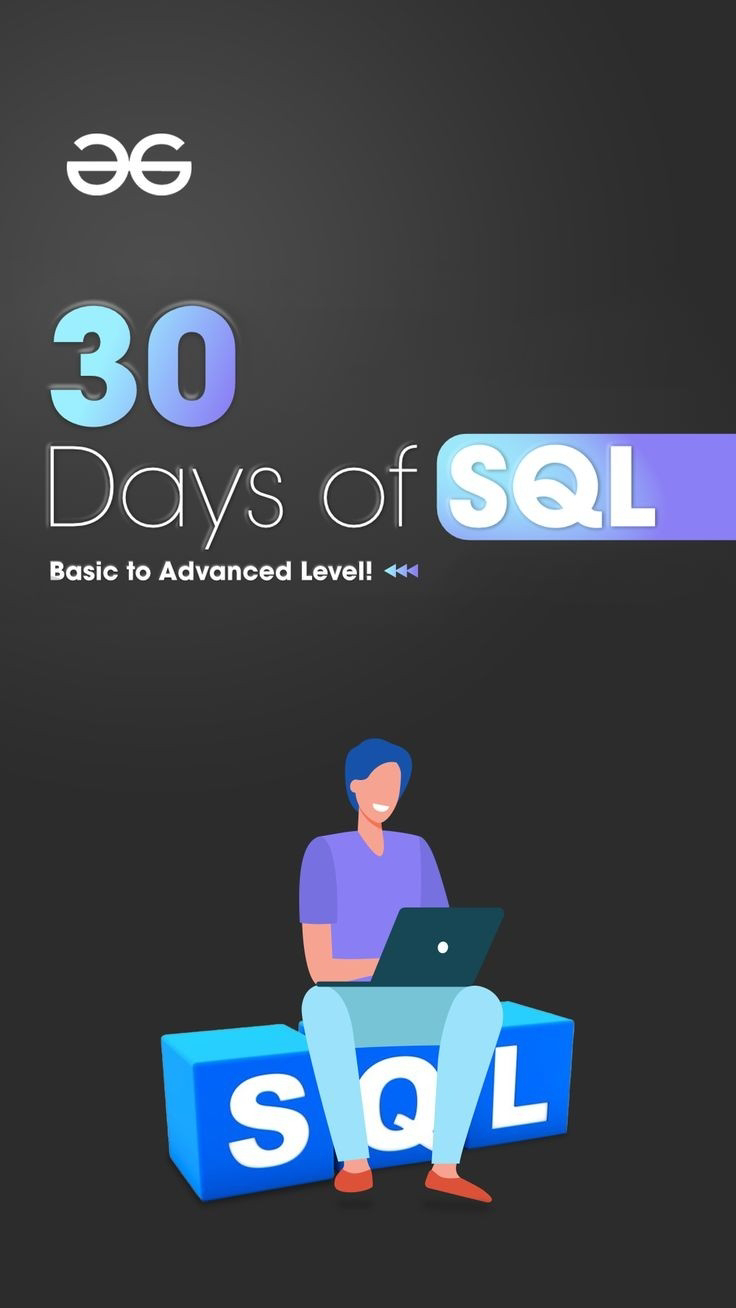IMPORTANT TOPICS IN SQL
SQL covers a wide range of topics, but here are some of the most important ones:
**1. Data Manipulation Language (DML):**
- SELECT: Retrieving data from a database.
- INSERT INTO: Adding new records.
- UPDATE: Modifying existing data.
- DELETE: Removing data from a table.
**2. Data Definition Language (DDL):**
- CREATE TABLE: Creating database tables.
- ALTER TABLE: Modifying table structure.
- DROP TABLE: Deleting tables.
- CREATE DATABASE: Creating a new database.
**3. Constraints:**
- PRIMARY KEY: Enforces uniqueness in a column.
- FOREIGN KEY: Maintains referential integrity.
- UNIQUE: Ensures uniqueness but allows NULL values.
- CHECK: Validates data using conditions.
- NOT NULL: Ensures a column must have a value.
**4. Joins:**
- INNER JOIN: Combining data from two or more tables.
- LEFT JOIN (OUTER JOIN): Retrieves all records from the left table and matched records from the right table.
- RIGHT JOIN (OUTER JOIN): Retrieves all records from the right table and matched records from the left table.
- FULL JOIN (OUTER JOIN): Retrieves all records when there is a match in either table.
**5. Indexing:**
- Creating and using indexes to improve query performance.
- Types of indexes (B-tree, Hash, Bitmap, etc.).
**6. Subqueries:**
- Using queries within queries.
- Correlated subqueries that reference outer queries.
**7. Aggregation Functions:**
- COUNT, SUM, AVG, MAX, MIN for summarizing data.
- GROUP BY for grouping results.
**8. Transactions and ACID Properties:**
- Understanding database transactions.
- ACID properties (Atomicity, Consistency, Isolation, Durability).
**9. Views:**
- Creating virtual tables for simplifying complex queries.
- Materialized views for storing query results.
**10. Stored Procedures and Functions:**
- Writing reusable code within the database.
- Passing parameters and returning results.
**11. Triggers:**
- Automating actions when certain events occur (e.g., INSERT, UPDATE, DELETE).
**12. Data Types:**
- Understanding different data types (int, varchar, date, etc.).
**13. Normalization and Denormalization:**
- Database design principles for organizing data.
**14. Security:**
- Managing user access and permissions (GRANT, REVOKE).
**15. Performance Optimization:**
- Query optimization, indexing, and fine-tuning.
**16. Advanced SQL:**
- Advanced topics like recursive queries, window functions, and common table expressions (CTEs).
**17. Database Systems:**
- Learning the specifics of the database system you're using (e.g., MySQL, PostgreSQL, SQL Server).
**18. Error Handling:**
- Handling and reporting errors in SQL code.
**19. Data Export and Import:**
- Methods for importing and exporting data.
These are fundamental SQL topics, and mastering them will provide a strong foundation for working with databases. Depending on your specific needs and career goals, you can dive deeper into certain areas or explore related topics like NoSQL databases and big data technologies.


Comments
Post a Comment